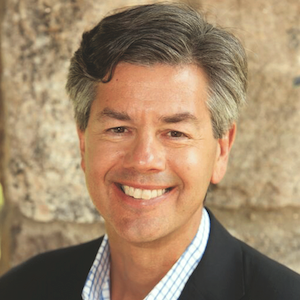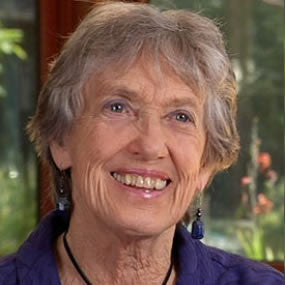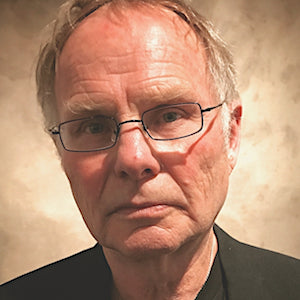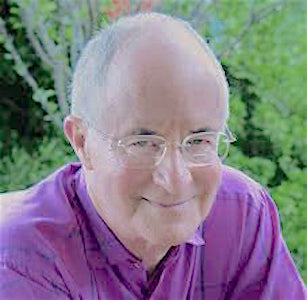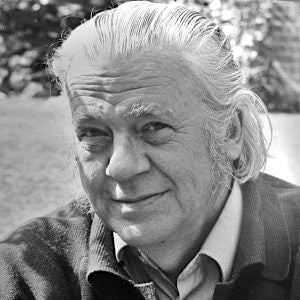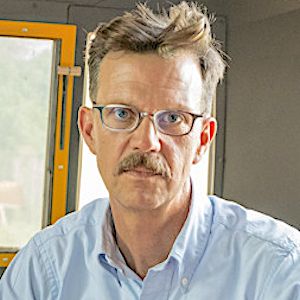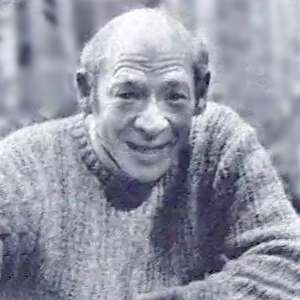Connecting With Animals As Teachers with Richard Louv
Product Tags
- 8 Shields
- Anthropocene Era
- Children & Nature Network
- Douglas Tallamy
- E.O. Wilson
- Ecology/Nature/Environment
- Ecozoic Era
- generation amnesia
- Glenn Albrecht
- Homegrown National Park
- Jon Young
- native plants
- Nature Deficit Disorder
- octopus
- Paul Dayton
- reciprocity
- Richard Louv
- Rouge River Ford Motor Plant
- Science
- Singapore
- Sit Spots
- social capital
- Social Change/Politics
- Symbiocene Era
- Thomas Berry
- wildlife corridors
- William McDonough


